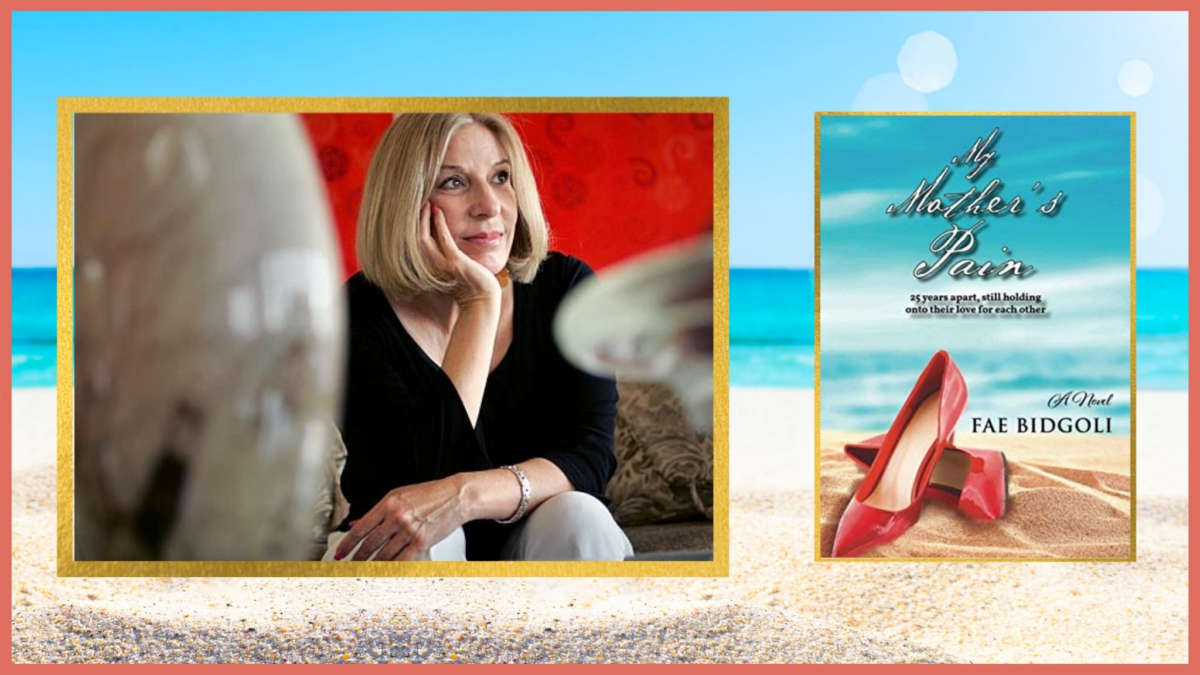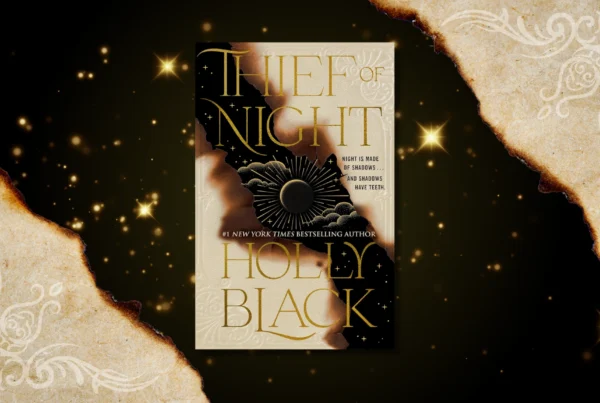In My Mother’s Pain, author Fae Bidgoli explores the interconnected lives of several maternal figures and examines the legacy of familial pain — specifically its burden on women — brought about by shame, betrayal and conflicting cultures.
Growing up in Iran, Bidgoli almost became a child bride at age 13, and although she escaped that fate, did enter into a forced marriage at 17. She writes as a means of creating awareness of the inequalities and cultural abuse women face, especially within the Middle East.
In this recent Q&A, we learn more about Bidgoli’s story.
Q: My Mother’s Pain and your previous novel The Twisted Path Home both play with characters’ memories in interesting ways. What significance does memory have in crafting a story like these?
A: Abusive memories can have lingering effects for decades and, in some cases, through a person’s entire life — unless they’ve worked through these in therapy and been able to forgive themselves and their abuser. However, this does not mean forgetting the abuse.
Q: In My Mother’s Pain, you’ve used poetry as a means of accessing Jennifer’s past emotions. The same might have been accomplished through diary entries or letters. Why use poetry to explore your character’s internal conflict?
A: I wasn’t thinking so much about how to express Jennifer’s emotions. I was feeling Jennifer’s longing for her lost love, and when my pen was moving on the paper, it resulted in poems.
Q: Like many of the women you write about, you were also raised in Iran. How have your personal experiences influenced the stories you tell?
A: Most of my writings are about the way women were treated in Iran when I was growing up as a child. I witnessed their pain and suffering. They were considered second-class citizens without a voice or choice in their existence.
Q: Unlike your previous novels, which focused on women living in or returning to Iran, My Mother’s Pain centers on women whose families have been living in the U.S. for many years. Why were you interested in discussing cultural abuse within this group?
A: Living in America does not change the rules, beliefs or traditions with which a person grows up unless that person seeks change. In this book, I also show how immigrant parents try to instill in their children the same cultural beliefs with which they grew up. This causes pain and suffering for the children, because they are accustomed to American culture and seek freedom from the old traditions of their parents.
Q: You use your writing as a vehicle to bring awareness to the inequalities and cultural abuse women face, especially in the Middle East. What issues are most important to you and why?
A: All forms of abuse are important to me. However, child brides stand out the most. A child, a girl who has not gone through adolescence, can become a wife overnight and, perhaps a year later, a mother. All through her life, even if she has a good husband, a child bride deals with depression, sadness, lack of self-worth, and is stripped of the opportunity to experience love. And in some cases, if she ends up with an abusive husband, she doesn’t have the maturity to defend or protect herself.
Q: What do you hope readers take away from My Mother’s Pain?
A: I hope readers can take a step back and ask themselves which of their decisions have been their true choice. Or were those choices influenced by the culture of their upbringing and the emotions they experienced during their childhood?
https://booktrib.com/wp-content/uploads/2021/02/Fae-Bidgoli-crop300-300×300.jpg
About Fae Bidgoli:
Fae Bidgoli, slated to become a child bride herself in Iran at the age of 13, managed to escape her fate by a combination of defiance, courage, and luck. However, she entered a forced marriage at age 17. Born and raised in Iran, Fae left the country during the Iranian revolution in 1978 as a young adult, hoping to find in the United States the freedom she longed for throughout childhood and adolescence. Fae shows how strength and courage can help stamp out inequality and cultural abuse of women. Now a successful entrepreneur with a master’s degree in Economics, a published author, public speaker, and a world traveler, she writes and speaks out to create awareness about the suffering caused by forced child marriages.




